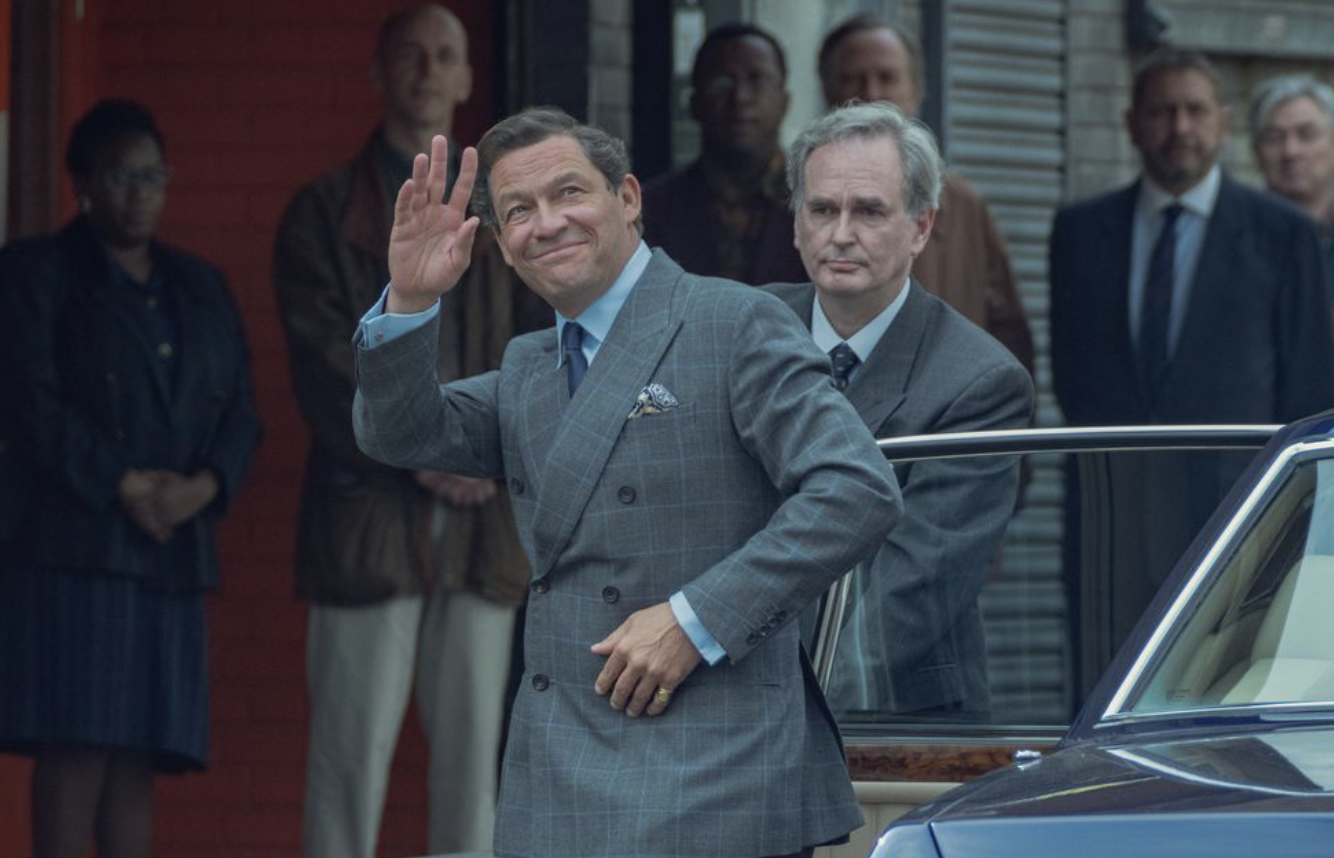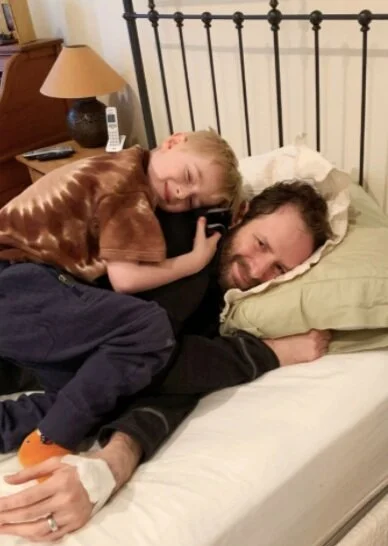WRITING
I recently started a Substack called Funny Girls. You can find it and subscribe here. Below are articles I’ve written for various publications.
By the end of 2015, two years after they first met, Joseph Naso finally started opening up to William Noguera about the details of his crimes. He bragged that “the cops got it all wrong,” according to Noguera’s journal. The List of 10 was merely his greatest hits, his favorites, he said. His real “kill number,” he told Noguera, was 26. (Mains notes that investigators found a collection of 26 gold coins inside Naso’s house.) Naso described driving around on the hunt for victims while listening to the Doors’ “Riders on the Storm” over and over because he liked the line “There’s a killer on the road / His brain is squirming like a toad.”
For more than 60 years, Joseph Naso hid in plain sight. He was once a Little League coach and Cub Scout leader, a husband, and a father of two. He worked as a -family photographer and even briefly taught a photography course at the Academy of Art College in San Francisco. But he lived a second reality, the life of a serial killer, raping and murdering young women allegedly beginning in 1965 through at least 1994.
Bryan Johnson doesn’t have a publicist. Yet his quest for immortality, which is overseen by a rotating staff of health care professionals and costs him an estimated $2 million a year, has been extraordinarily well documented in the press—fueled by our fascination with the “quantified self” movement, atomized into millions of social media posts and swept up into the magic flywheel of clickbait journalism.
The actor has big ideas about life and death—even a theory about the nature of time. Over an afternoon at one of his favorite New York City haunts, the actor let us into his world.
As anyone who has been on a small-talk-free Zoom call knows, the modern workplace has become a more isolated and confusing place. Along with the usual anxieties about status, purpose and productivity, add more flux, transience and anxieties about AI. Amid these shifts, a trustworthy connection, forged in the pixelated pastures of Zoom, Slack and Microsoft Teams, can feel like an antidote. Yes, it is now harder to find this person, but we believe these new “context agnostic” bonds are more powerful and necessary than previous in-person work friendships.
Why do reunions inspire such anxiety? Could it be that the films of our youth have primed us to melt down at the prospect of a weekend-long show-and-tell game centered on how we’ve been spending our precious and once-promising lives?
David Chase never imagined that his show, about an anxiety-prone mob boss and his family, set in suburban New Jersey, would get picked up for a second season, let alone transform American television to such a degree that we’d still be talking about it 25 years after it premiered.
As temperatures climb to their highest recorded levels, we have officially entered the Summer of Spite. A desire to wreak havoc on our enemies, even in the absence of any direct benefits for ourselves—and sometimes at a cost to ourselves—is driving the culture.
In the four years since the last season of Black Mirror dropped, we’ve experienced a global pandemic that has bound us more tightly to our screens than ever; the attempted overthrow of American Democracy at the hands of an Internet-conspiracy-crazed mob; and an A.I. revolution that is–at least in part–responsible for the ongoing Hollywood writers’ strike. It’s all just so Black Mirror.
The real reason Succession has made such an enduring cultural impact has less to do with the writers’ talent for predicting the news than it has to do with the last words Logan Roy ever uttered to his children: “I love you, but you are not serious people.”
The actual Slap may have lasted just a millisecond, but its impact has been monumental, not just for The Academy, which enlisted a new “crisis team” this year to prevent any similar incidents and changed the color of the red carpet to beige “to evoke calm and peacefulness,” but for our culture writ large. The most shocking unscripted moment in live-television history since Janet Jackson’s Super Bowl “wardrobe malfunction” has become a Rorschach test, with observers bringing their own lived experiences into their interpretations of what happened between these two pop cultural icons.
When the AI-powered chatbots chronicle the history of the social media era, they will note that the myth of the Genius Social Platform CEO died on December 11, 2022, not with a data center outage or a violent mob spurred on by a Tweet or sweeping government regulation, but onstage at a comedy show.
Netflix couldn’t have timed it better. For the monarchy, the situation is less than ideal.
If you hail from Westeros and happen to be named Aegon, it’s a good indicator that you’re kind of a big deal.
With Don't Worry Darling and Deep Water dominating 2022 headlines—plus two more steamy films on the horizon—Big Horny Energy is, once again, stirring.
Gosling is part of that very first vintage of kids who broke into the industry on the then nascent Disney Channel, on one of two shows. There was The All New Mickey Mouse Club (a.k.a. MMC), a reboot of a popular 1950s variety show created by Walt Disney and originally broadcast on ABC. And then Kids Incorporated, a more narratively driven preteen precursor to Kidz Bop and Glee.
The coronavirus pandemic, coupled with the tumult following the 2020 election, sent shock waves through our already strained interpersonal relationships. Fifteen percent of Americans reported ending a friendship over politics, according to a June 2021 survey by the American Enterprise Institute. Add social media to the mix and you can witness the technological embodiment of the aphorism “show me who you love and I’ll tell you who you are.”
On Hacks, Einbinder, 26, plays Ava Daniels, a chronically oversharing, bisexual Gen Z comedy writer whose once-promising television career got derailed by an offensive tweet. (In other words, she was “canceled.”)
High on the entitlement that comes with a far-flung portfolio of tax-exempt assets, billionaires are going buck wild, buying up jets, Van Goghs, and NFTs, and building penis-shaped rockets that they ride to space. The optics from earth no longer seem to matter.
Since the early 2000s, when Vladimir Putin came to power and transferred vast quantities of wealth into the hands of loyal Kremlin-linked oligarchs, beautiful women from Russia and former Soviet bloc countries have been branded with a strikingly similar fairy-tale narrative, a Cinderella story featuring capitalism as Prince Charming.
For actor Michael Stuhlbarg, who has played many real-life characters in his long career–including Apple’s Andy Hertzfeld in Steve Jobs and Arnold Rothstein in Boardwalk Empire–embodying a person who is not only still alive but extremely in the news was a unique experience. Under normal circumstances, Stuhlbarg embraces any opportunity to meet the person he’s about to portray on stage or screen. But in this case, meeting Richard Sackler wasn’t going to be an option: his lawyers went so far as to send Stuhlbarg’s attorneys a letter before filming began last year.
The star of the hit HBO series on power, privilege, and what's next for Shiv Roy in everyone's favorite one-percent family feud.
The wife of WeWork’s founder Adam Neumann carved out her own little space as a New Age exec—and the company’s downfall isn’t slowing her.
When I read the news last week that Bill and Melinda Gates were divorcing after 27 years of marriage, my first reaction was empathy. The pandemic has been hard on all couples, I thought, even the ones who happened to have been quarantining in a 66,000-square-foot compound with 18.75 bathrooms called Xanadu 2.0. Melinda told The New York Times in October 2020 that being stuck working from home with her husband, after years of frenetic traveling, “was a piece that I think we hadn’t really individually prepared for quite as much.” This was somewhat relatable. No matter the size of your home, there is such a thing as too much togetherness.
But then there were questions. Foremost among them: Why now?
Judge Barrett demonstrates her utter lack of courtesy and consideration by needlessly exposing various people—her own family among them—to a deadly virus at a party.
The coronavirus crisis could have been abated by a president with a modicum of competence. Here’s what I learned about politics, power, and the human spirit when my husband almost died of COVID-19.
Publicly identifying oneself as an aroused woman is having a moment. Call it the hornissance.
Journalist and podcast host Leon Neyfakh has spent much of the last few years unpacking the last half century’s worth of American political scandal—starting in 2017 with Slate’s Slow Burn and since last year with Fiasco on the subscription-based network Luminary. During that time he’s observed that there seems to be a strange kismet unleashed each time one of his series drops. It’s almost as if the podcast itself is conjuring invisible historical forces, as past disgraces and present realities coincide with astonishing specificity.
“Blood Ties” is the latest in a growing wave of fictional podcasts featuring top-tier talent and compelling, ripped-from-the-headlines narratives, arriving at a time when podcasting advertising revenues are poised to exceed $1 billion for the first time by 2021.





























A decade after entrepreneur-turned-VC Marc Andreessen declared in the op-ed pages of the Wall Street Journal that software was “eating the world,” Silicon Valley is eating pop culture. In addition to WeCrashed on Apple TV+, on March 3, Hulu premiered The Dropout, which tells the story of Elizabeth Holmes (Amanda Seyfried), the disgraced, deep-voiced founder of blood-testing startup Theranos. Showtime’s Super Pumped, in which the adorably bedimpled actor Joseph Gordon-Levitt plays Uber’s toxic bro founder Travis Kalanick, dropped on Feb. 27. While the specifics of all these tales may be different, the psychological profiles of the subjects at their center, specifically their voracious appetites for risk and their wanton disregard for others, will remain signatures of the fake-it-till-you-make-it era.